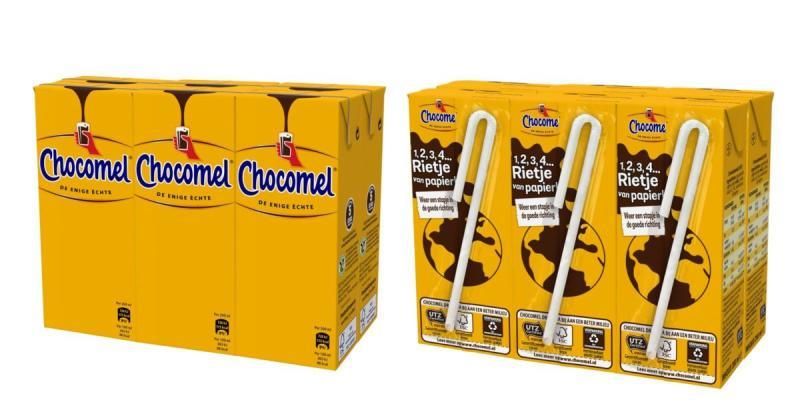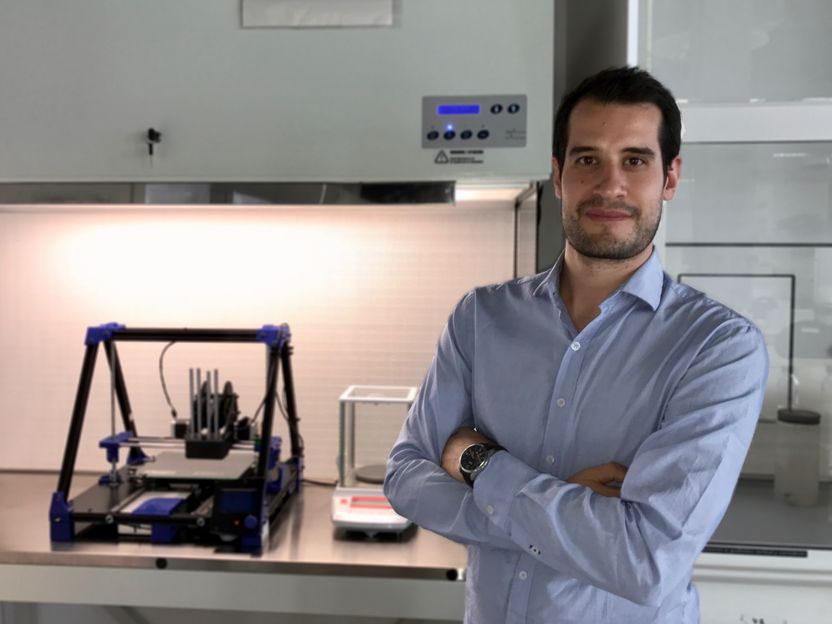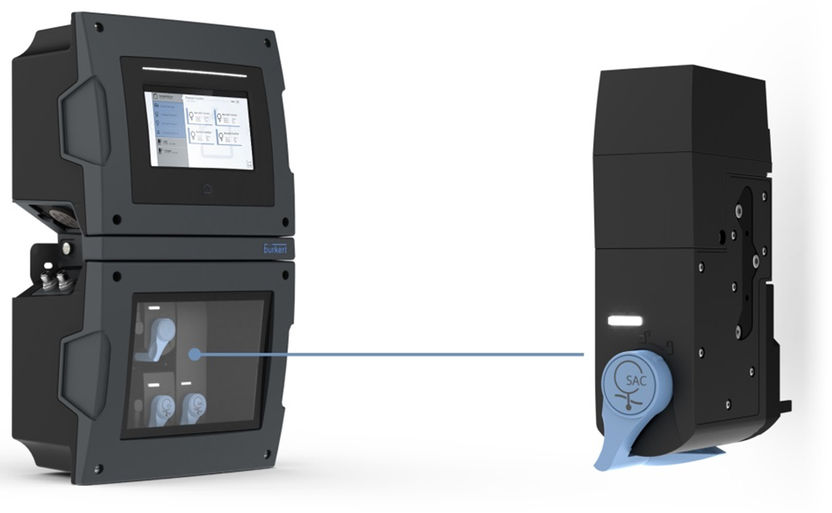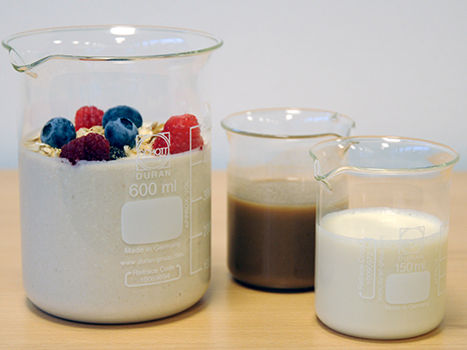Branded food products often different in EU countries
Same packaging, different contents: Foods are by no means the same in all EU countries, even if they are marketed in the same or similar way. Almost one third of the 1380 samples tested showed a different composition of branded products, as the EU Commission announced on Monday. However, the suspicion that products marketed in Eastern Europe in particular are often different or worse has not been substantiated.
The background to the study was complaints about inferior goods in Eastern Europe, such as fish fingers almost without fish or butter biscuits without butter. EU Commission President Jean-Claude Juncker had taken up the 2017 issue and launched a ban on double quality standards. At the end of 2018, samples of 128 products from 19 EU countries were also tested.
This showed that nine percent of the products on the shelves looked identical but had different compositions.
Another 22 percent looked similar, but had different formulations. 23 percent were the same in presentation and composition. In 27 percent of the products, differences became clear through the packaging. However, the Commission's research centre did not find a 'single geographical pattern'.
He was glad that no evidence of an East-West split had been found in branded products, said Education Commissioner Tibor Navracsics. Nevertheless, he was concerned about the result. "There will be no double standards in the single market," said Consumer Commissioner Vera Jourova. Recent legislative changes have strengthened consumer protection authorities. There are now the instruments to put an end to this practice.
The Markenverband in Berlin emphasised that the different composition corresponded to the preferences of consumers. "That's why some products can't and shouldn't taste the same in Finland as they do in Portugal," says CEO Christian Köhler. This has nothing to do with inferior quality. The prohibition of double standards will mean that manufacturers will no longer be able to respond to consumers' regional wishes./vsr/DP/he (dpa)
Note: This article has been translated using a computer system without human intervention. LUMITOS offers these automatic translations to present a wider range of current news. Since this article has been translated with automatic translation, it is possible that it contains errors in vocabulary, syntax or grammar. The original article in German can be found here.
Most read news
Other news from the department business & finance

Get the food & beverage industry in your inbox
By submitting this form you agree that LUMITOS AG will send you the newsletter(s) selected above by email. Your data will not be passed on to third parties. Your data will be stored and processed in accordance with our data protection regulations. LUMITOS may contact you by email for the purpose of advertising or market and opinion surveys. You can revoke your consent at any time without giving reasons to LUMITOS AG, Ernst-Augustin-Str. 2, 12489 Berlin, Germany or by e-mail at revoke@lumitos.com with effect for the future. In addition, each email contains a link to unsubscribe from the corresponding newsletter.
Most read news
More news from our other portals
Last viewed contents

Scientists enhance color and texture of cultured meat - Cultured meat could reduce resources required in meat production, with a smaller environmental footprint relative to animal farming

Non-recommended milk being provided to young children

FrieslandCampina switches to sustainable, paper straws

World’s first 3D printed plant-based beefsteak invented

Determining water quality in the smallest space - Sensor cube for SAC measurement with the Bürkert online analysis system

Vegan ‘yogurt’ made with lactic acid bacteria from plants





























































